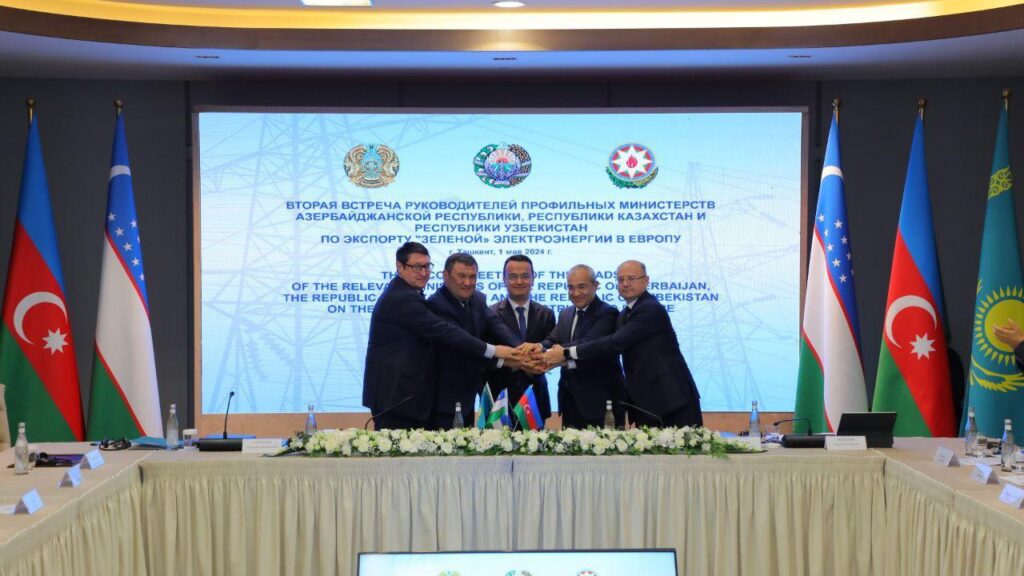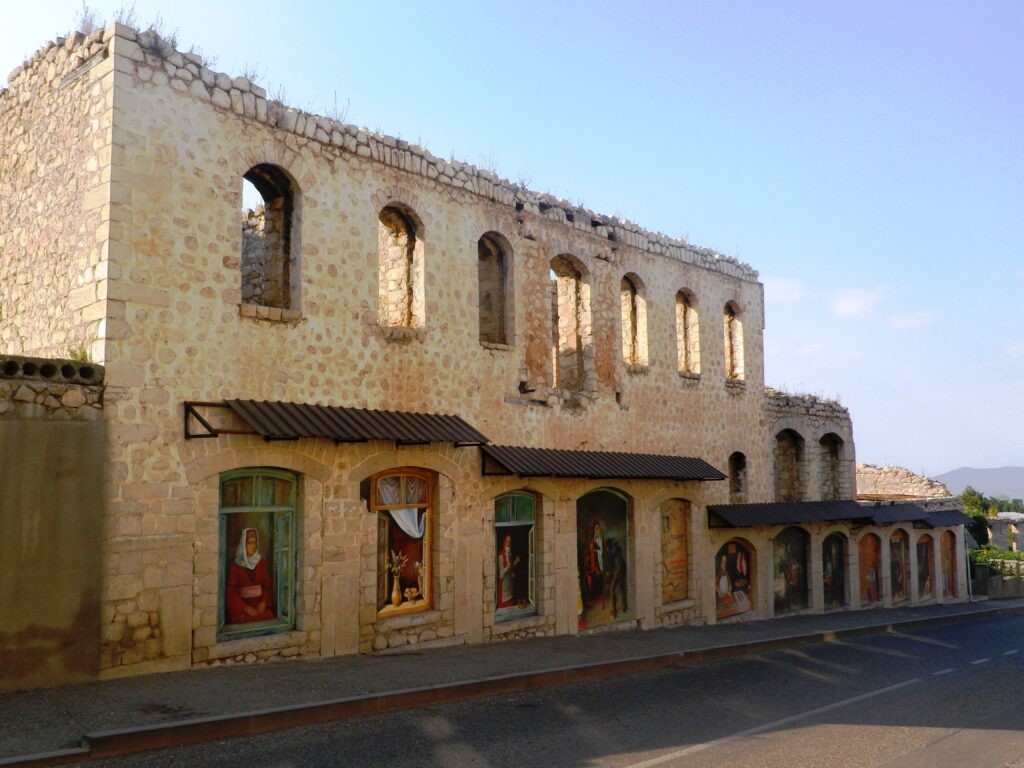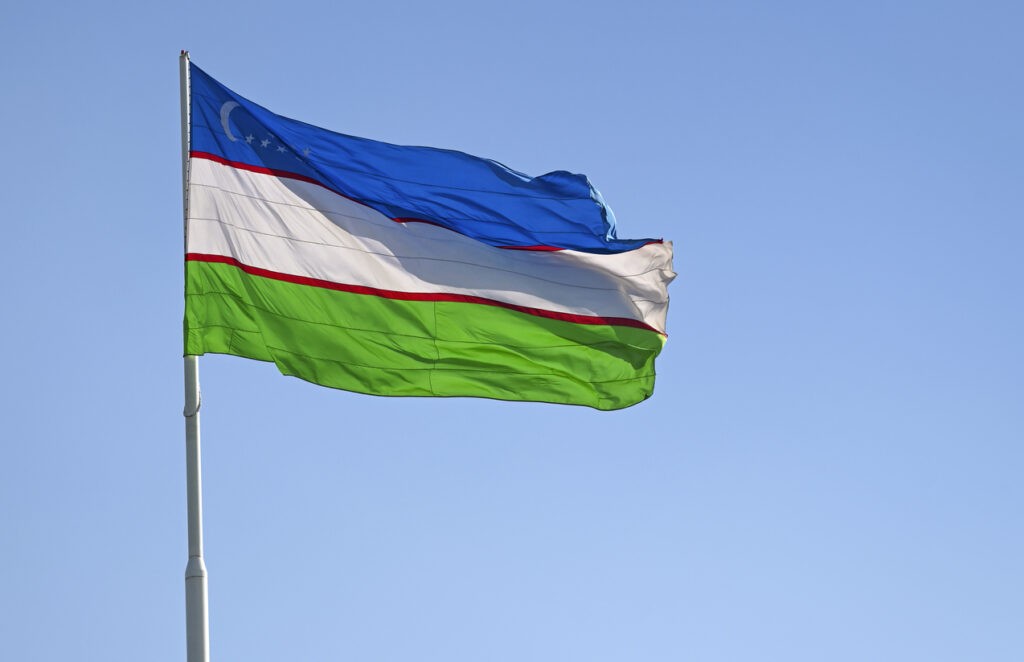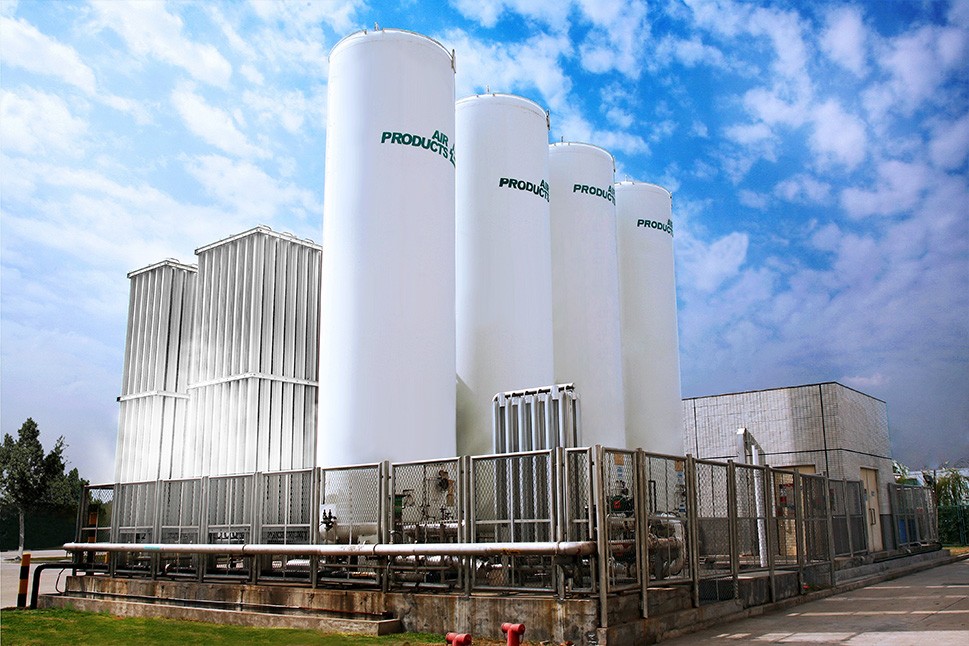The Czech Republic has suspended an investigation of ammunition depot explosions in 2014 that it blames on Russian military intelligence, including an agent who allegedly used a Tajik passport during the operation.
Two Czech citizens died in the first of two explosions at warehouses in the village of Vrbětice, an alleged act of sabotage that led to years of unexploded ordnance cleanup, an international investigation and Russian denials of involvement, and a tit-for-tat expulsion of Russian and Czech diplomats from each other’s countries. Tajikistan was pulled into the case in 2021 when Czech investigators said they were looking for two suspects who used Russian passports, and then used different identities under Tajik and Moldovan passports.
At the time, Tajikistan’s Ministry of Internal Affairs said it had not issued a passport to a person matching the reported name and birthday of the suspect. Reports said the suspects had posed as potential arms buyers from the National Guard of Tajikistan, though an analysis by a group of media organizations said it was unclear whether that particular ruse enabled them to get onto the ammunition storage sites.
Czech law enforcement halted the probe into the Vrbětice blasts because the suspects are in Russia, which is not cooperating, said Col. Jiří Mazánek, head of the organized crime division of the police. He said in a statement on Monday that all other avenues of investigation in the Czech Republic, and in countries that have cooperated with requests for help, “have been exhausted.”
Therefore, Mazánek said, additional information that would allow a criminal prosecution to move forward can’t be obtained for now. Evidence indicates that the explosions were “part of a long-term diversionary operation by Russian military intelligence on the territory of the European Union and Ukraine,” the police official said, blaming members of the Russian agency GRU whose alleged aim was to prevent the delivery of weapons and ammunition to areas where the Russian Army was operating.
In 2014, Russia annexed Crimea and fighting erupted in eastern Ukraine between Ukrainian forces and Russia-backed separatists, in a prelude to Russia’s invasion in 2022 and the ongoing war today.
Russia denied it was responsible for the Vrbětice explosions and noted media reports that the ammunition depots were controlled not by the Czech government, but by a private company owned by a Bulgarian citizen.








